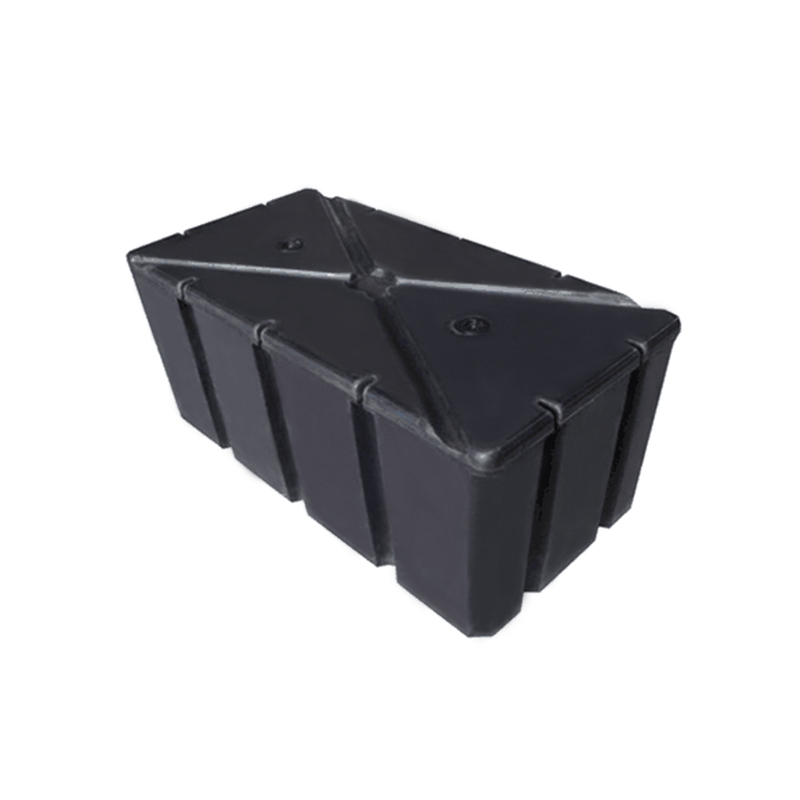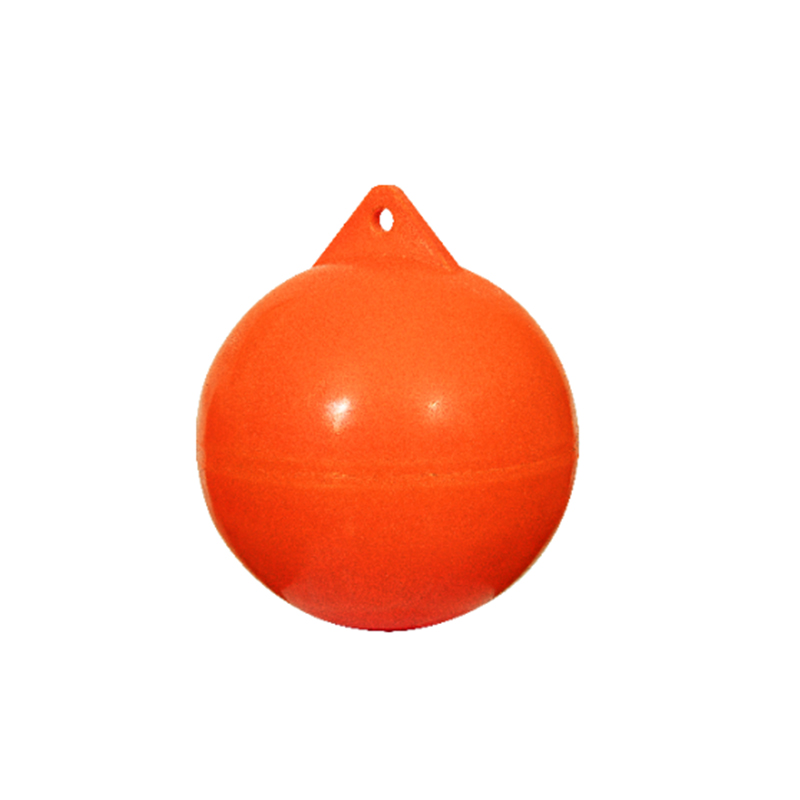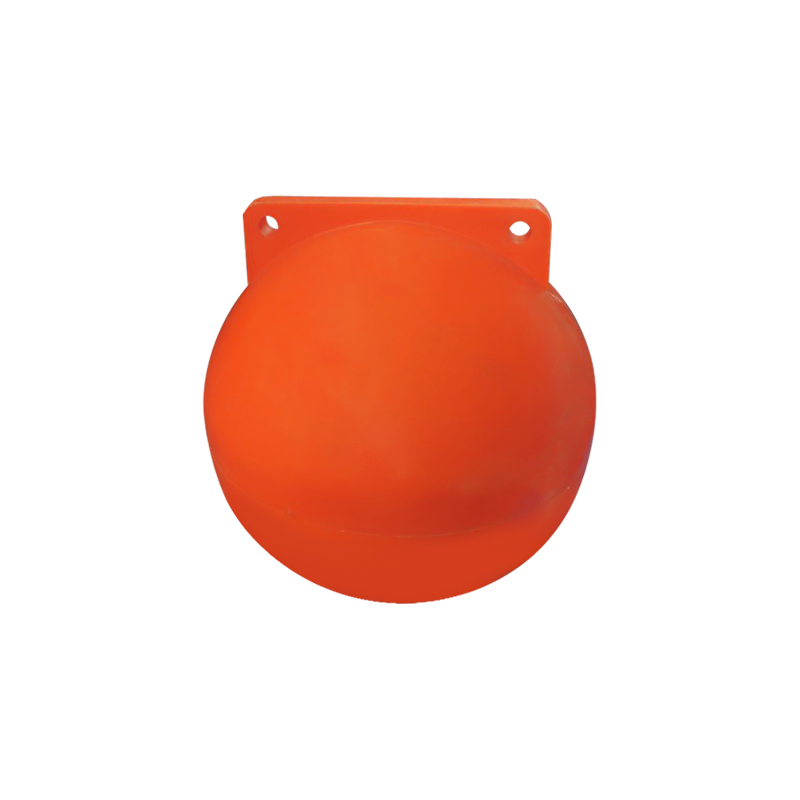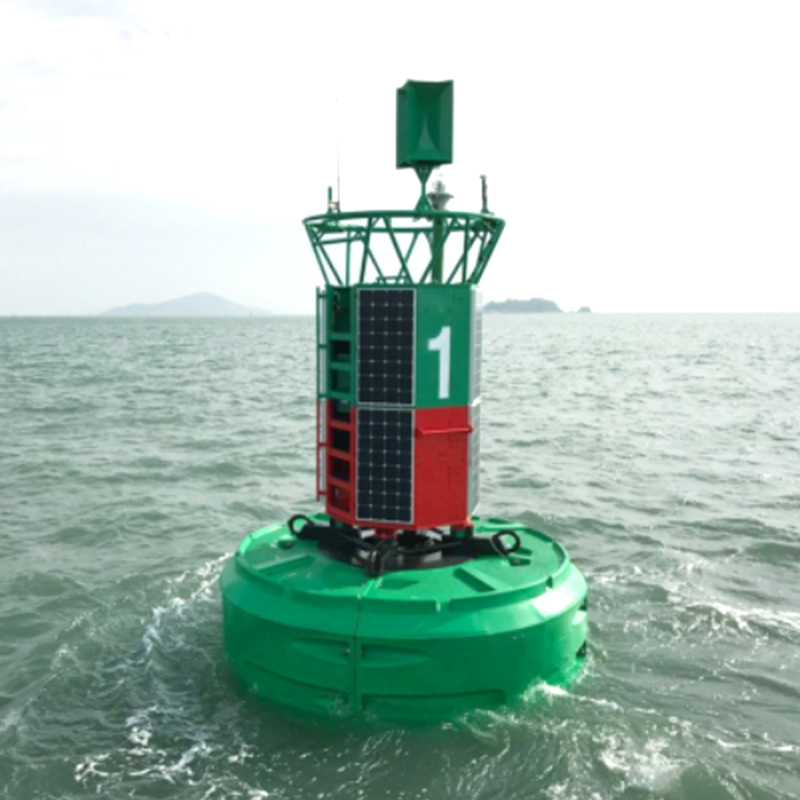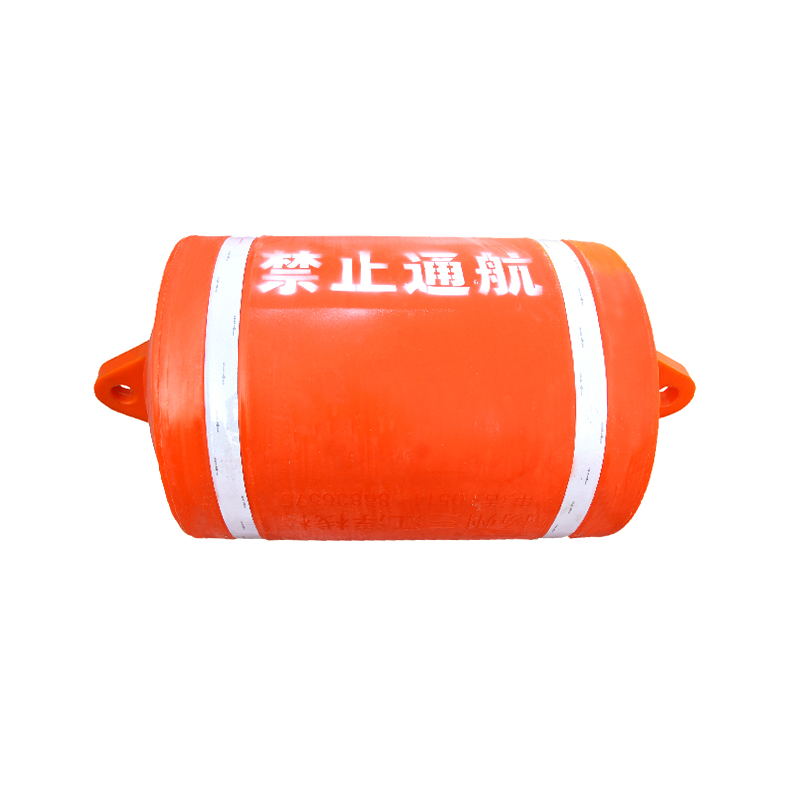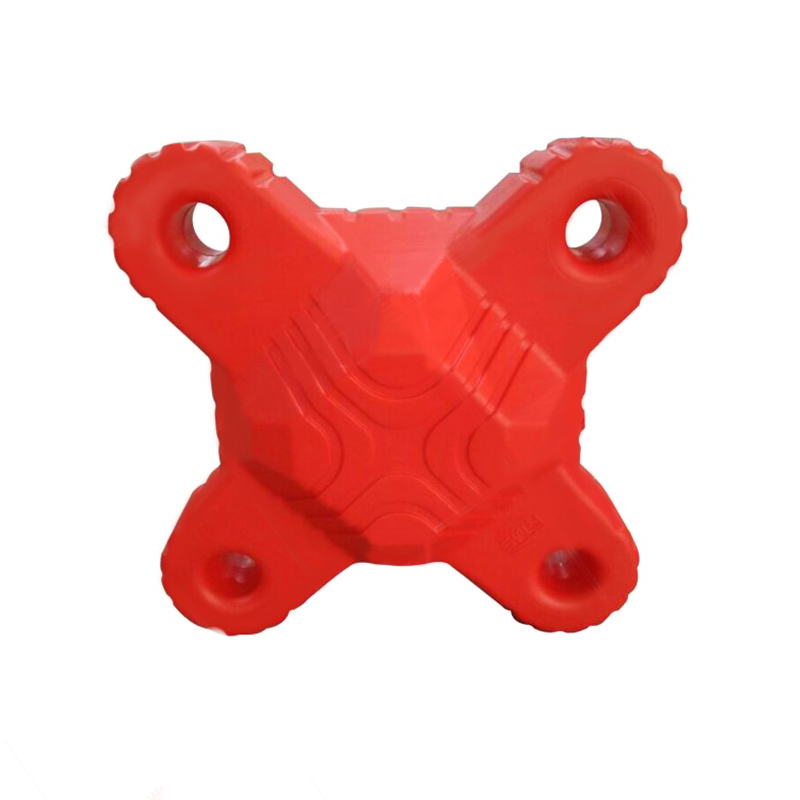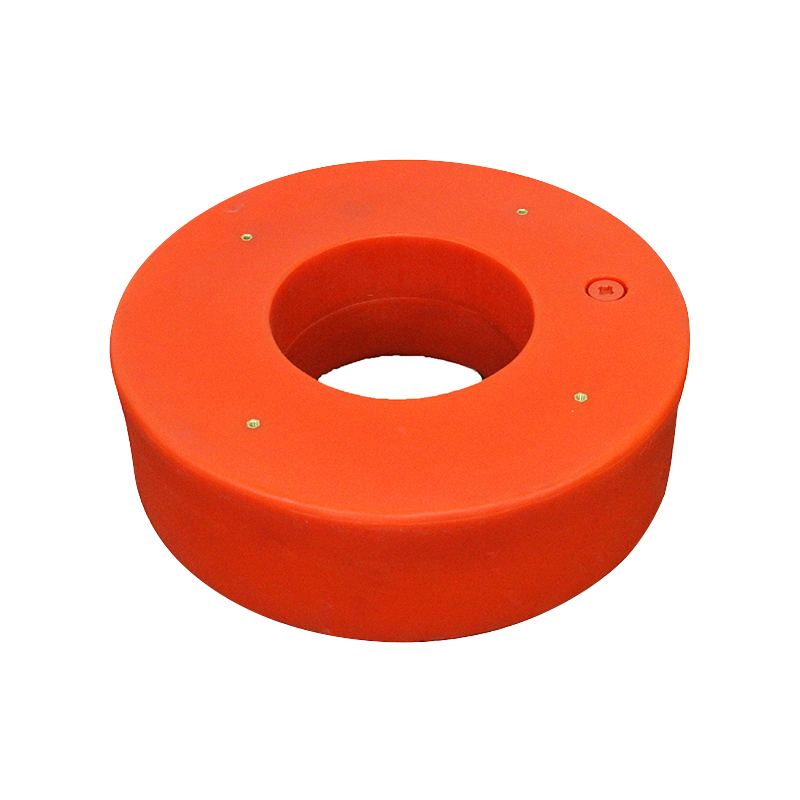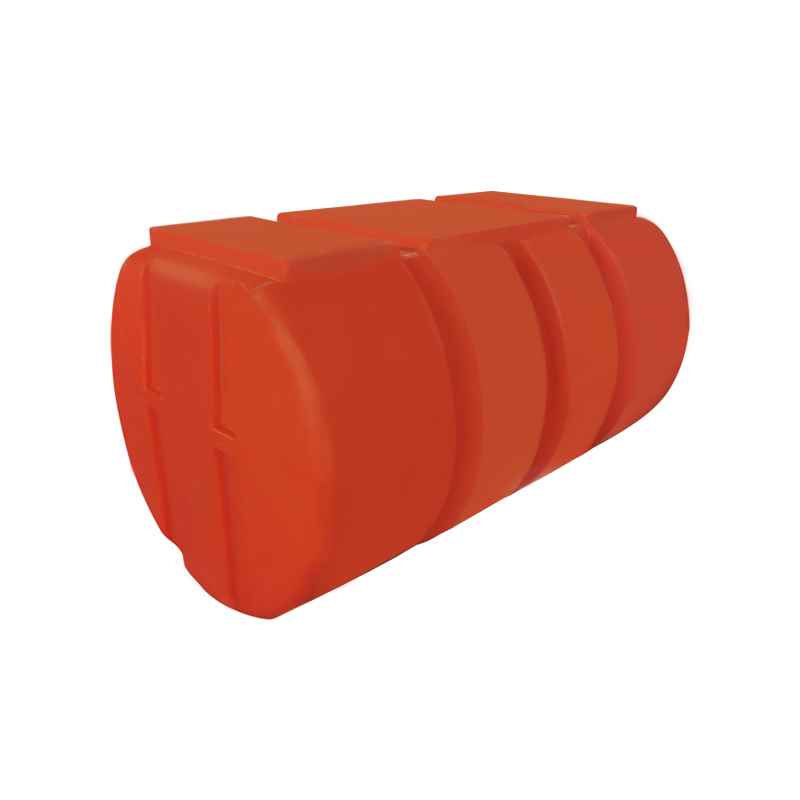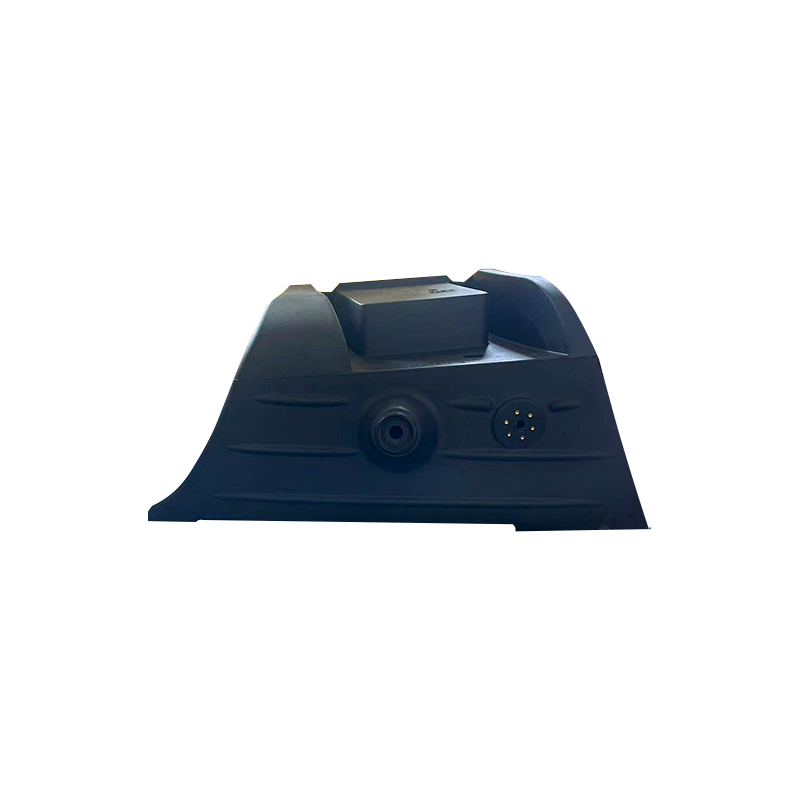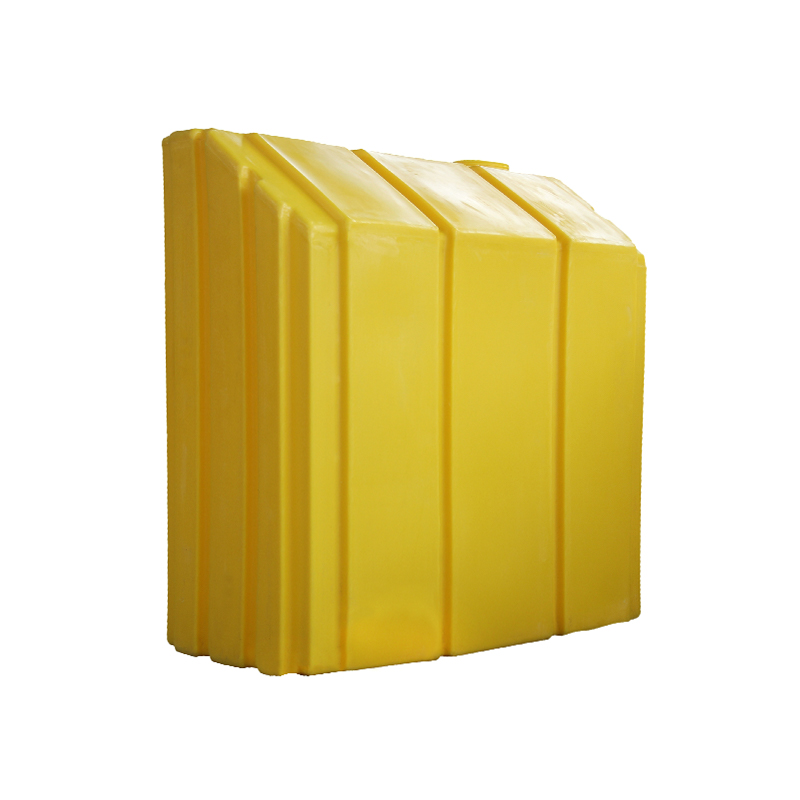How do Incubation Barrels improve pickling results in food processing?
1. Superior Sealing Performance: The sealing performance of Incubation Barrels is the key factor that makes them stand out in food processing. A good sealing design can prevent oxygen and impurities in the air from entering the barrel, which is crucial for the pickling process. The presence of oxygen will cause the pickled food to oxidize, which will affect its color and taste, and may even cause it to deteriorate. By creating a closed environment, Incubation Barrels effectively maintain the stability of the pickling liquid and slow down the oxidation rate of the ingredients. The sealing performance also reduces the risk of invasion of external bacteria and microorganisms, thereby reducing food safety hazards. This closed environment helps promote the pickling process of food, allowing the seasoning to penetrate evenly, thereby enhancing the flavor and taste of the pickled food. After a period of pickling, the food not only retains its original nutrition, but also absorbs the aroma and taste of the seasoning, forming a unique flavor combination.
2. Uniform pickling environment: During the pickling process, the uniformity of the environment directly affects the quality of the final product. Incubation Barrels are designed to provide stable temperature and humidity, which is especially important for pickled foods. Uniform temperature ensures that seasonings penetrate evenly throughout the food, preventing uneven flavors or inadequate pickling of some ingredients. Humidity control is also critical, as an overly dry or humid environment will affect the pickling effect. By maintaining the right humidity, Incubation Barrels prevent the surface of pickled foods from drying out, thereby maintaining their fresh and tender taste. A uniform pickling environment also promotes enzymatic reactions inside the ingredients, further enhancing the flavor of the food, making the final product rich in taste and flavor.
3. Large capacity design: Incubation Barrels usually have a large capacity, which is particularly important in commercial food processing. Large capacity allows producers to process more ingredients at one time, thereby improving production efficiency. For example, when pickling bamboo shoots or kimchi, using Incubation Barrels can reduce the time and labor costs of multiple pickling. Large capacity design also allows producers to better control the procurement and inventory management of raw materials and reduce waste. For food companies that need to produce in batches, using large-capacity pickling barrels can help them meet market demand more efficiently, thereby enhancing the competitiveness of the company. At the same time, the larger marinating space also makes it easier to add seasonings during the production process, so that it can be more evenly covered on all ingredients, ensuring that each batch of products has a consistent taste.
4. Avoid leakage problems: Traditional marinating containers are prone to leakage during storage, which not only causes waste of seasoning liquid, but also may pollute the surrounding environment. Incubation Barrels are designed to prevent this problem and ensure that the marinating liquid is firmly kept in the barrel. By using high-quality sealing materials and structures, Incubation Barrels can withstand greater internal pressure and liquid weight, avoiding the risk of leakage. In this way, producers do not need to worry about liquid spilling during the marinating process, which not only reduces resource waste but also keeps the production environment clean. At the same time, avoiding leakage also means that producers can better control the amount of marinating liquid used, thereby achieving more economical cost management. This design allows Incubation Barrels to remain efficient and reliable during long-term use, further improving user satisfaction.
5. Easy to clean and maintain: Incubation Barrels are usually made of materials that are not easy to absorb dirt, which is easy to clean and maintain. This feature is especially important for the food processing industry, as sanitary conditions directly affect the safety and quality of food. After pickling, cleaning is often a time-consuming and labor-intensive process, but the easy-to-clean design of Incubation Barrels can greatly simplify this process. Producers only need to rinse with clean water or appropriate detergent to remove residual seasonings and dirt. Regular cleaning and maintenance can effectively prevent cross-contamination and ensure the safety of the next batch of pickled food. In modern food processing, keeping equipment clean and hygienic is an important factor for companies to gain market trust, and easy-to-clean Incubation Barrels provide strong support for this goal.


 English
English عربى
عربى
